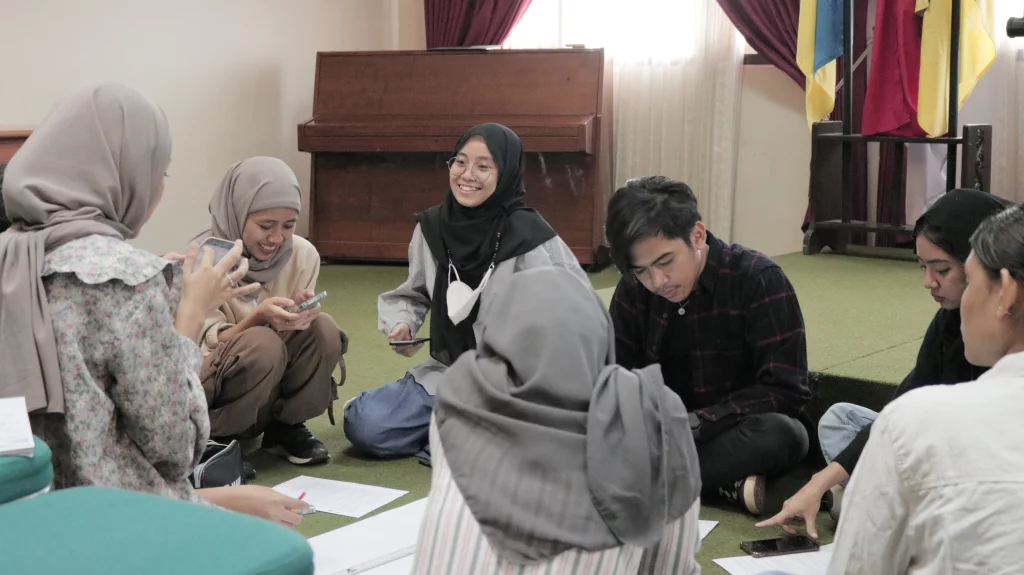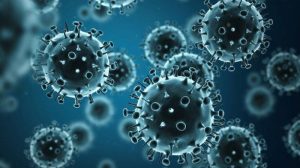UNAIR NEWS – The spread of foot-and-mouth disease (FMD) in Indonesia a few years ago significantly impacted livestock farming. The disease caused severe illness and fatalities among livestock.
Addressing the issue, the Faculty of Veterinary Medicine Universitas Airlangga, in collaboration with the Indonesian Veterinary Medicine Faculty Association (AFKHI) and East Java Animal, Fish, and Plant Quarantine Center, organized a ‘Mitigating the Risk of Livestock Disease Outbreaks in Indonesia’ training workshop. The event was held at the Tandjung Adiwinata Hall, MERR-C Campus, UNAIR, on Saturday, January 13, 2024.
“The recent widespread of FMD has had significant impacts on livestock and human existence. We hope to inspire aspiring veterinarians to learn more about FMD disease through this event,” said Dr Nusdianto Triakoso Drh. MP.
Risk factors for FMD
Drh. Helly Afiantoro was among the speakers of the workshop. He explained that several factors drove the FMD, including climate change and illegal hunting. Both lead to a disruption in the ongoing survival of animals.
The extreme weather changes in Indonesia increase the Earth’s surface temperature, which leads to heightened stress and alterations in the feeding patterns of animals. The continuously rising temperature will have a more significant impact.
“As humans prefer eating in cool and comfortable places, animals also have a higher appetite in comfortable environments,” he added.
The other factor is illegal hunting. FMD has a high transmission rate, primarily through direct contact with infected animals. Typically, hunting these animals is used for human consumption in specific regions.
“Humans should avoid indiscriminate consumption of animal meat, as it causes zoonotic diseases, such as monkeypox, Nipah virus, and Covid-19,” he said.
Biosecurity
One of the measures to address FMD is biosecurity, a set of preventive measures to reduce the risk of transmission of infectious diseases and to safeguard against disease agents. Subsequently, they will be stored and isolated to prevent contamination.
The UNAIR alumnus believed that quarantine is the most effective measure. However, the implementation of quarantine should consider several aspects, including the Advanced Laboratory of Physics (ALoP), Risk Analysis, and Quarantine Actions.
“Conducting quarantine requires advanced research to assess risks and determine necessary actions. This is a preventive measure to reduce the spread of FMD,” he said.
In the end, he commended the workshop as a commitment to prevent the disease and achieve FMD-free. “Hopefully, you, the future veterinarian, can lead the charge in combating FMD in Indonesia,” he said.
Author: Satrio Dwi Naryo
Editor: Khefti Al Mawalia









